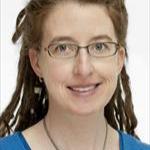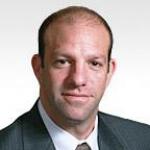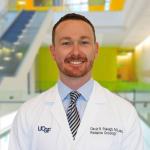BMS is home to numerous faculty members with research programs focused on fundamental questions in Developmental and Stem Cell Biology. In addition to the focus area within BMS, a distinct Graduate Program in Developmental and Stem Cell Biology exists for those applicants who are committed to those topics. This program has a more focused curriculum including coursework, seminars, and journal clubs specific to Developmental and Stem Cell Biology. The BMS program maintains a more interdisciplinary curriculum, integrating multiple distinct focus areas with an overarching emphasis on biomedically relevant questions.
Most Developmental and Stem Cell Biology faculty members have appointments in both programs. Key topics of investigation among the faculty include cellular specification and differentiation, organogenesis, tissue morphogenesis and regeneration, and cell-cell signaling during development. A variety of model systems are used to pursue relevant topics in Developmental and Stem Cell Biology, including worms, flies, fish, chickens, mice, and human-derived tissues and cells.












